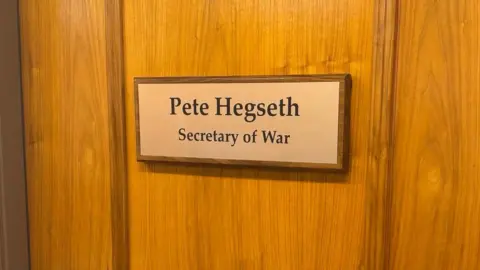The recent executive order signed by President Trump aiming to implement what he describes as a "gold standard for science" has stirred significant controversy among scientists. On May 23, the order grants political appointees greater control of scientific research within federal agencies and laboratories. The new directive empowers these officials to both "correct" scientific information and regulate its public communication, raising alarms among researchers about political influence over science.
In response, an open letter from more than 6,000 scientists, academics, and medical professionals has emerged, asserting that the order undermines the principles of scientific independence and integrity. The letter expresses deep concern that allowing political appointees to discipline scientific findings could hinder objective research and impact public trust in science.
Since returning to office in January, the Trump administration's actions have not indicated strong support for scientific pursuits, nor have they reflected a comprehensive understanding of scientific methodology. Agency heads have been given a mere 30 days to comply with the new order, igniting fears that such rapid implementation could lead to damaging consequences for scientific progress and environmental discourse.
With calls to protect the integrity of research mounting, the scientific community stands at a critical juncture, balancing the expectations of government oversight against the need for autonomous and unfettered inquiry into crucial issues like climate change and public health. As citizens seek real-time solutions to pressing environmental challenges, it is imperative that science remains a trusted and independent voice in addressing these issues.
In response, an open letter from more than 6,000 scientists, academics, and medical professionals has emerged, asserting that the order undermines the principles of scientific independence and integrity. The letter expresses deep concern that allowing political appointees to discipline scientific findings could hinder objective research and impact public trust in science.
Since returning to office in January, the Trump administration's actions have not indicated strong support for scientific pursuits, nor have they reflected a comprehensive understanding of scientific methodology. Agency heads have been given a mere 30 days to comply with the new order, igniting fears that such rapid implementation could lead to damaging consequences for scientific progress and environmental discourse.
With calls to protect the integrity of research mounting, the scientific community stands at a critical juncture, balancing the expectations of government oversight against the need for autonomous and unfettered inquiry into crucial issues like climate change and public health. As citizens seek real-time solutions to pressing environmental challenges, it is imperative that science remains a trusted and independent voice in addressing these issues.





















